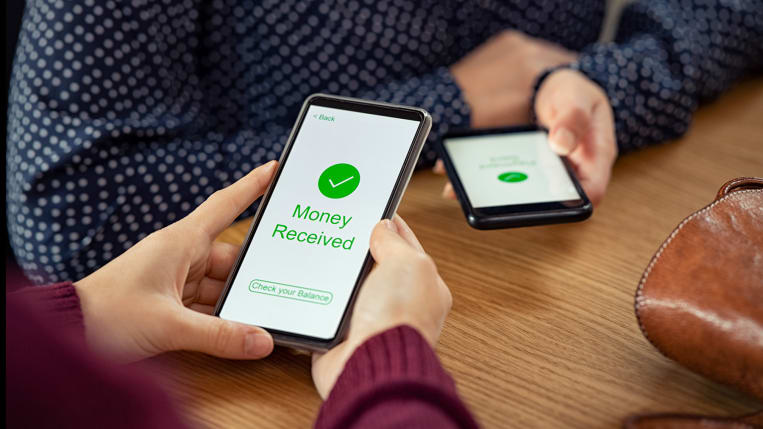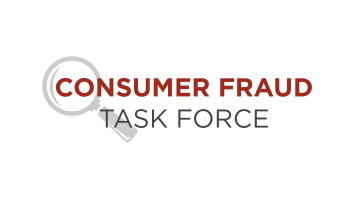
BBB St. Louis: Avoid payment app scams

(Getty Images)
Better Business Bureau® (BBB®) St Louis advises consumers to use caution when sending money with peer-to-peer payment apps.
Peer-to-peer (P2P) payment apps or money transfer apps like Venmo, PayPal, Zelle, or CashApp are convenient ways to split checks, pay rent, or purchase from small businesses. However, scammers are finding creative ways to get money from users who aren’t as familiar with these services.
Unlike more traditional banking services, P2P payment apps are less likely to provide fraud reimbursement – making the risk higher for consumers.
“Use a payment app like you would cash,” said Michelle L. Corey, BBB St. Louis president and CEO. “Be cautious about where you send payments, as it may be difficult to get your money back if something goes wrong.”
Fraudsters may purchase with a stolen or illegitimate credit card or, since payments on some apps take a few days to process, they may cancel a payment after receiving a purchased item. These methods leave the victim without their item and payment.
Scams can also work the other way around: A scammer may claim to be selling an item that doesn’t exist and ask for payment upfront via an app. In February 2023, a St. Louis consumer purchased a $150 piece of furniture from a man on Facebook Marketplace using Zelle. Still, she was given a bogus address, and the furniture wasn’t there.
In another scam, spoofed messages or stolen credit cards are used to convince victims that they were accidentally paid more than owed. Well-meaning consumers will lose money by "returning” the payment to the scammer. Scammers may also impersonate accounts that are friends with a user and make fraudulent payment requests.
BBB’s tips for using P2P payment apps safely:
- Send money to people you know and trust. It’s best to use these apps with people you know in real life or whose identity you can verify with some source other than the payment app.
- Link to a credit card. While getting your money back from a scammer can be difficult, linking your payment app account to a credit card may protect you more.
- Check your credit card account after payment. Ensure the payment was processed for the correct amount by checking your linked credit card account after you pay. Remember that app payments can take a few days to process.
- Use extra security on your account and devices. Use the settings menu in your phone and the payment app to turn on extra protection, such as multi-factor authentication, requiring a PIN, or using fingerprint or facial recognition like Touch ID and Face ID.
- Check the recipient’s username and photo before you send money. If you get an unusual request (for a lot of money, for an odd reason, etc.), contact the sender via another method to ensure it’s legitimate.
- When in doubt, pay another way. If something feels off, use another method or reconsider the purchase. It’s common for small businesses to use P2P apps – but if a seller says they can only accept P2P apps, it could be cause for concern, especially when combined with other red flags.
For more information
Visit BBB's money HQ for more money tips.
Related News
Still Need Assistance?
Contact Your Local BBB
Your local Better Business Bureau can assist you with finding businesses you can trust. Start With Trust®.
Additional Resources
Central Ohio BBB Business Podcast


